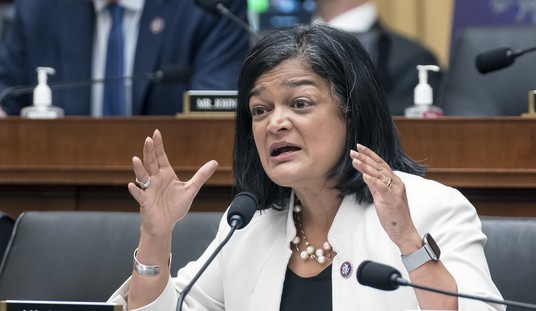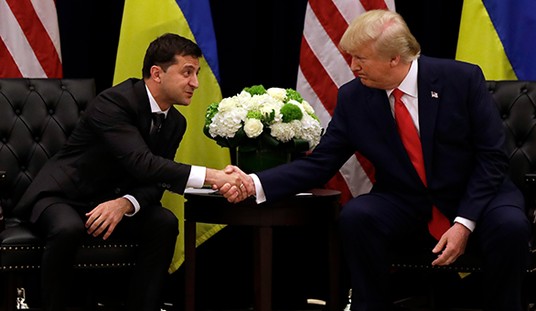In a striking political episode that captured national attention, Republican Vice Presidential Candidate JD Vance was embroiled in an unexpected dining drama at the renowned Primanti Brothers Restaurant in Pittsburgh. Known for its nearly century-long history, the establishment became the backdrop for a discussion that reflects the turmoil between politics and public life.
On a late September afternoon, Vance arrived at Primanti Brothers for what was said to be a scheduled campaign stop, though some disputed this claim. Around 100 enthusiastic supporters had gathered at the restaurant to show their backing. Unfortunately, the atmosphere quickly turned chaotic. Conflicting reports emerged about whether the restaurant had been informed of the visit, leading to confusion and tension. The supporters were asked to leave before Vance even arrived, and when he did, an employee told him he was not permitted inside and even threatened to call the police if he attempted to enter.
Despite this rejection, Vance engaged with his supporters outside, delivering a message of solidarity. In a surprising twist, he later decided to enter the restaurant — not to confront anyone or cause a scene but to pay for his supporters’ meals. This act of generosity culminated in him leaving a substantial tip for the staff and a lighthearted comment about “no tax on tips” if Trump were to be re-elected. Vance encouraged his followers to continue patronizing the restaurant, emphasizing the importance of supporting local businesses.
This incident raises important questions about the role of restaurants as public spaces, particularly during politically charged moments. As someone with extensive experience in the restaurant industry, I can attest to the challenges that arise when unexpected crowds arrive. It’s a scenario many establishments face, but how they manage these situations often defines a restaurant's reputation.
Restaurants can refuse service, but that decision should be approached thoughtfully. In Vance’s case, the refusal seemed counterintuitive, especially for an iconic venue like Primanti Brothers, which should be accustomed to large crowds and the unpredictability that comes with them. It is common for restaurants to accommodate political events, provided they manage them respectfully and ensure that all patrons feel valued.
Recommended
Vance’s calm demeanor during this confrontation starkly contrasts the often-heated rhetoric that characterizes political discourse today. Instead of retaliating against the restaurant for its actions, he exemplified humility and civility. By paying the bill and encouraging continued patronage, he modeled behavior that not only diffused the situation but also had the potential to alter perceptions among those who might have initially disagreed with him.
This incident speaks to a more significant issue in American politics: the increasing polarization that often drowns civil discourse. Vance’s decision to act with kindness rather than hostility is a powerful reminder that mutual respect can transcend political divides. In a climate where anger often prevails, his approach offers a glimpse of how we should act in similar circumstances.
Moreover, this unexpected dining drama invites us to reflect on the broader implications of political engagement in public spaces. As we navigate this political season, the lessons from Vance's experience are crucial. They underscore the importance of treating others with dignity and respect, regardless of differing views. Doing so creates opportunities for meaningful conversations rather than escalating conflicts.
The reactions to Vance's actions reveal an essential truth: character matters. His willingness to engage respectfully, despite adversity, reflects a commitment to principles that many voters may find appealing. In an era where public figures often resort to aggression, Vance’s behavior provides a refreshing contrast and may resonate with constituents who are tired of the divisive climate.
JD Vance’s unexpected dining drama at Primanti Brothers serves as a microcosm of the broader political landscape. It highlights the need for civility, respect and humility in our interactions, especially in public settings.
As we move forward in this election cycle and beyond, let us “take a page” from Vance’s book and strive for a political discourse that emphasizes understanding over animosity. By fostering an environment where dialogue is prioritized over division, we can create a more inclusive and respectful political atmosphere for all.
Peter Demos is the author of “On the Duty of Christian Civil Disobedience” and the host of “Uncommon Sense in Current Times.” A Christian business leader from Tennessee, Demos uses his biblical perspective and insight gained from his own struggles to lead others to truth and authenticity in a broken world. To learn more, visit peterdemos.org.


